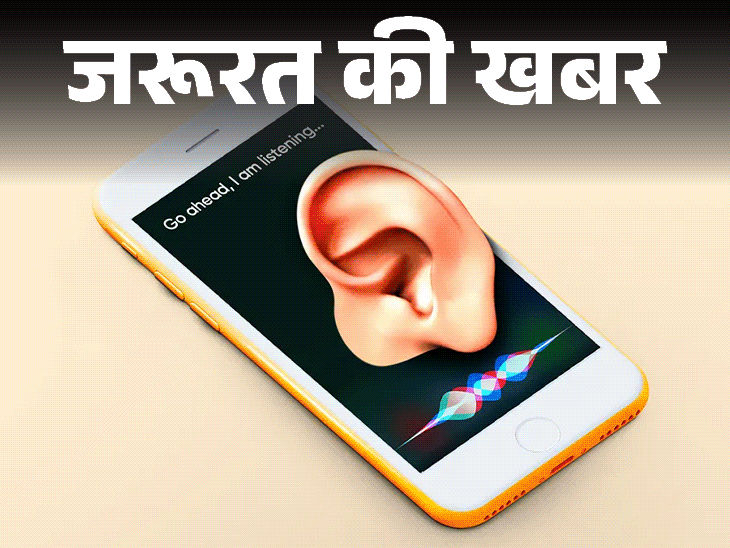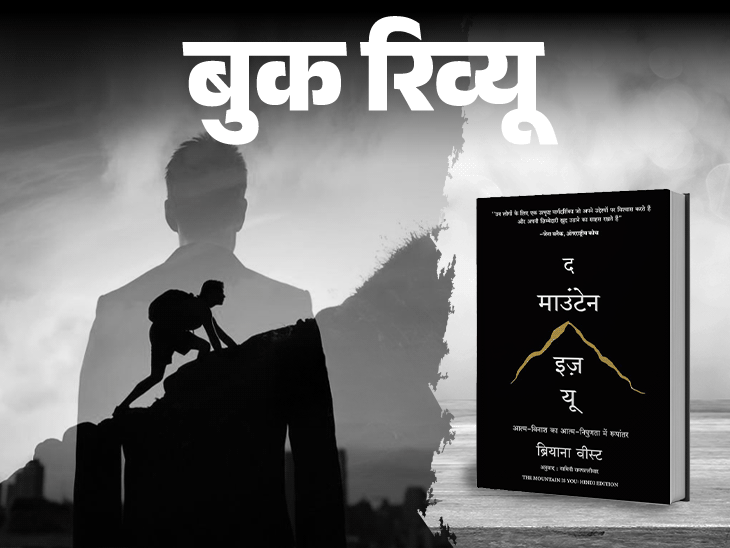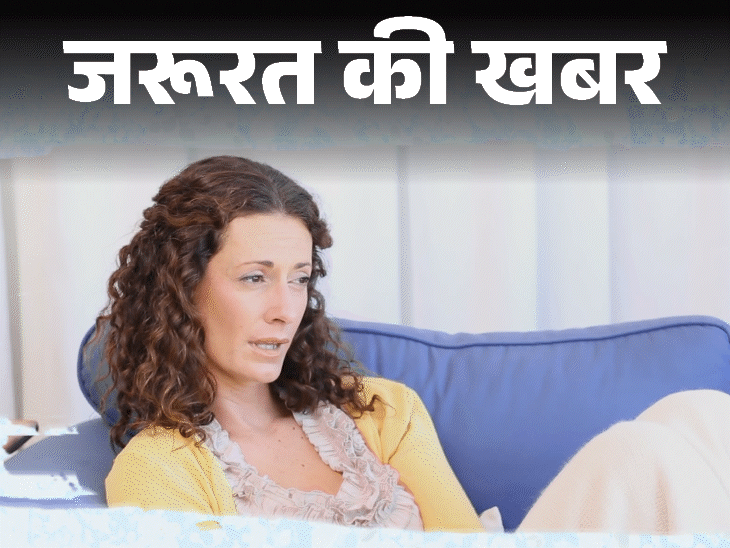7 minutes agoAuthor: Sandeep Singh
- Copy link
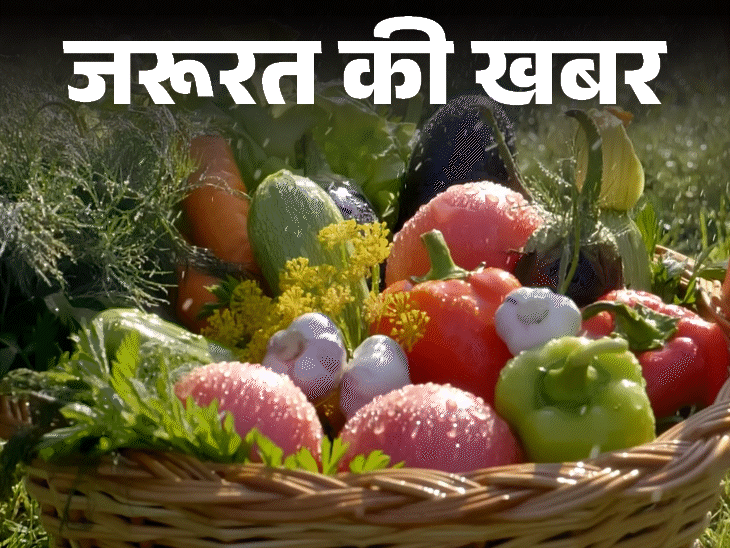
Rain In the season, moisture increases, causing bacteria, viruses and fungus to spread rapidly. This is the reason that the monsoon increases the risk of many seasonal diseases such as diarrhea, food poisoning and typhoid.
In this season, some foods get spoiled quickly or can prove to be harmful to the body. Especially the roadside chopped-fruits, fried foods or long food kept for a long time can cause infection. Therefore, to keep healthy, it is important to know what things should be avoided in this season and which food habits should be adopted.
So let’s ‘News of need’ Let’s talk about what things should be avoided in the monsoon? Will also know that-
- Which vegetables are safe in this season?
Expert: Dr. Mukesh Kalla, Senior Gastroenterologist, SR Kalla Memorial Hospital, Jaipur
Question- Why does the risk of food infection increase in the monsoon?
answer- Things like chopped fruits, leafy vegetables, milk and curd get spoiled quickly during the rainy season. Bacteria and fungus can accumulate rapidly on foods kept in the open. Food items such as roadside chaat, pakoras and chopped-fruits can cause infection by coming in contact with dirt and rain water. Due to this, the precautions related to food in the monsoon become very important.
Question- Which vegetables should be avoided in the monsoon?
answer- During the rainy season, some vegetables get spoiled quickly and bacteria or fungus can flourish in them. Eating such vegetables can cause problems like stomach pain, gas, diarrhea or infection. Which vegetables should be avoided in this season, you can see it in the graphic below.

Question- What should be avoided in the monsoon other than vegetables?
answer- Senior Gastroenterologist Dr. Mukesh Kalla explains that the digestive system becomes a bit weak in the monsoon. In such a situation, eating heavy, fried food or early bad things can be harmful. This season should be avoided by milk -made sweets, chopped fruits, street food and things kept in the fridge for a long time as bacteria or fungus can grow quickly.

Question- Which vegetables are beneficial for health in the monsoon?
answer- It is better to eat light and early digested vegetables during the rainy season. Such vegetables are not only easy in digestion, but also help in increasing immunity. Vegetables like gourd, luffa, parwal cooked in low-oil are considered safe and nutritious in monsoon. It is necessary to wash and wash them fresh and thoroughly.

Question- What precautions are necessary to protect vegetables from bacteria in the monsoon?
answer- During the rainy season, wash the vegetables with clean water and use it only. Cook immediately after cutting and do not leave it open for long. Do not eat bad looking or rotten vegetables at all. Store the vegetables in a dry and airy place so that mildew or bacteria do not thrive.
Check well while buying
While buying vegetables, note that they should be fresh, there is no stains or decay on them. Do not take too much soft or wet vegetables as they are at risk of mildew.
Wash well
Bring vegetables home and wash it thoroughly in flowing water. Do not keep washed vegetables directly in the fridge. First spread on a cotton cloth and take a little dry, so that there is no moisture in them.
Keep hands and utensils clean
Wash hands well before cutting the vegetable. Keep the knife and chopping boards clean. Bacteria can come in vegetables with dirty hands or utensils.
Do not store too much
Every time buy more vegetables instead of buying a little and use it in 2-3 days. The old vegetable deteriorates quickly.
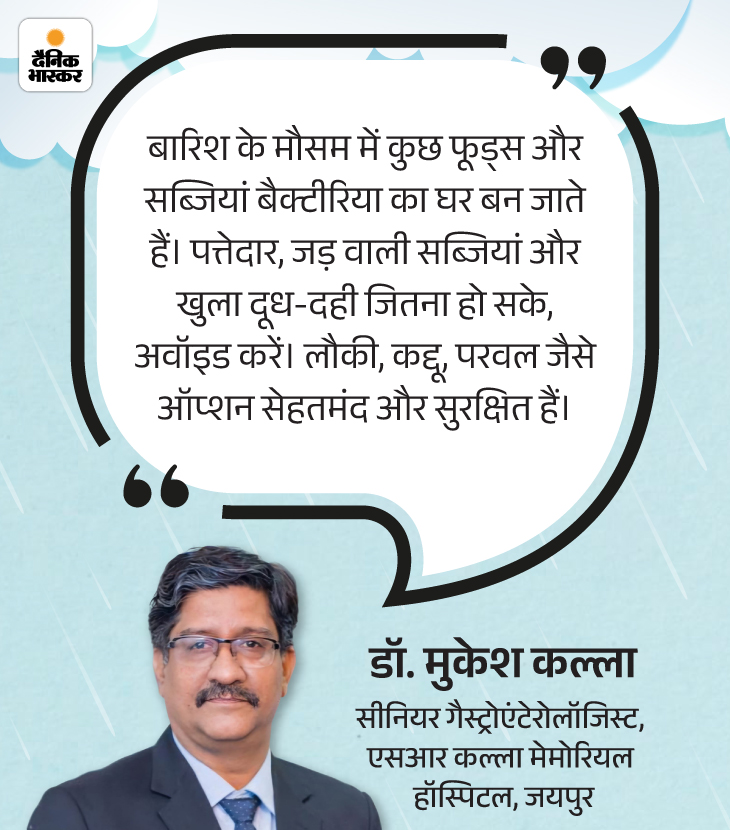
Question- What should be kept in mind about kitchen hygiene in the rain?
answer- Bacteria, fungus and insects thrive quickly in the kitchen during the monsoon. The food also deteriorates quickly. In such a situation, it is very important to keep the kitchen clean and bacteria free. Keep some things in mind for this. Such as-
- Clean the platform, gas stove and sink of the kitchen daily daily. Wipe with dry cloth or disinfectant instead of wet clothes, so that there is no moisture.
- Empty the dustbin daily and keep it covered. Keeping garbage for a long time can cause smell and insects to come out of it.
- Keep things like rice, lentils, spices in airtight container. Moisture can cause fungus or insects.
- Clean the fridge once a week. There is not much moisture in the fridge, so keep the vegetables and other things well.
- In the rain, ants, cockroaches and flies come quickly in the kitchen. In this case, use pesticides (such as napthaleen balls or herbal spray). But keep them away from food items.
Read this news too … News of the need- Risk of increasing infection in monsoon: Change diet, learn from dietian what to eat to increase immunity
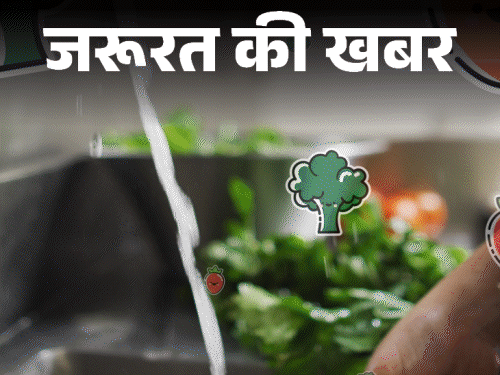
The rainy season brings cool and freshness with it. But many diseases also knock with it. In such a situation, to keep yourself healthy, it is very important to make some changes in food and lifestyle during the rainy season. Read full news …

